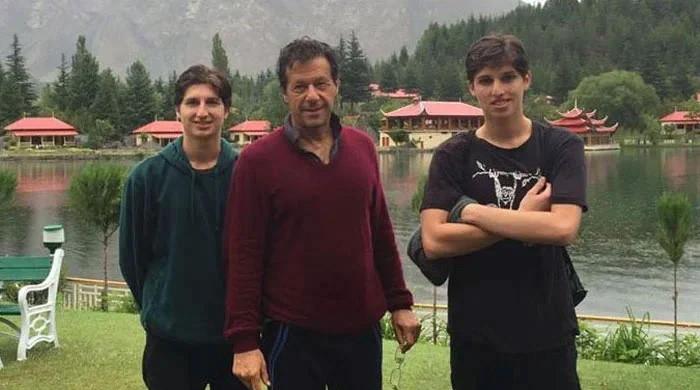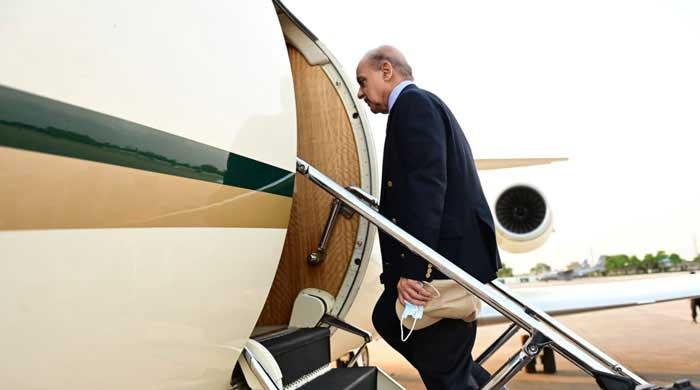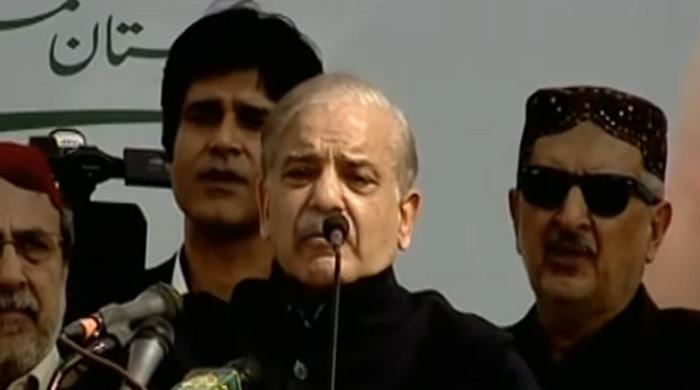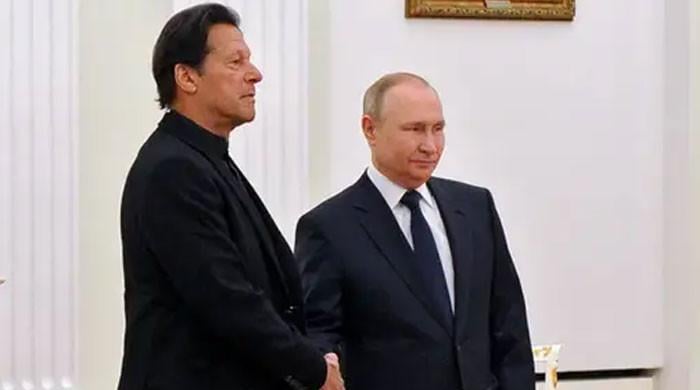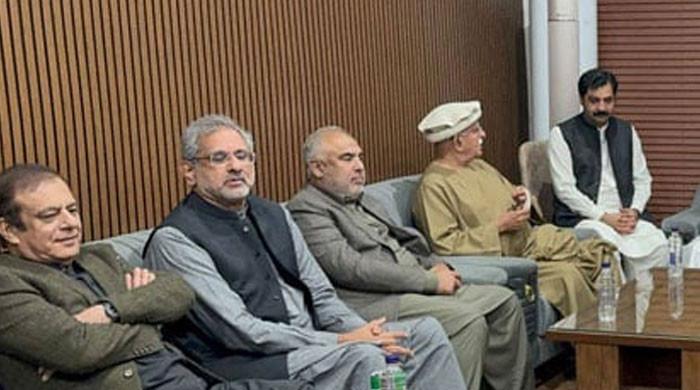Industrialisation key to Pakistan's prosperity: PM Imran Khan
Premier says his government is planning to give lands on lease to businessmen on low rates in order to set up industries
January 11, 2022
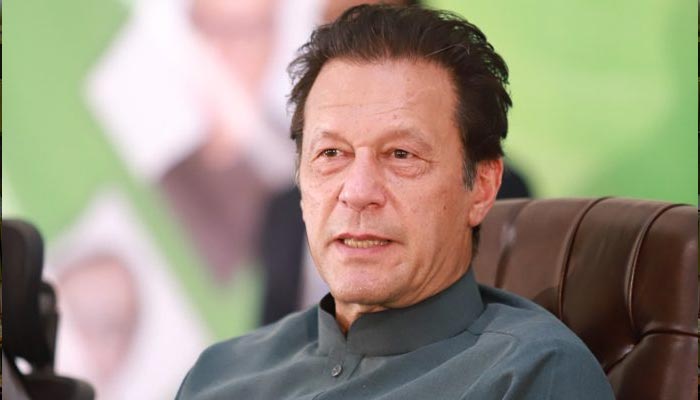
ISLAMABAD: Pakistan cannot prosper unless its industries develop, Prime Minister Imran Khan said on Tuesday, as he highlighted his government's aim to facilitate the business community.
Addressing the inaugural session of the 14th International Chambers Summit (ICS) 2022 organised by Rawalpindi Chamber of Commerce and Industry (RCCI), he said that if exports do not rise, Pakistan will once again have to look to the International Monetary Fund (IMF) for support.
“We are planning to give lands on lease to businessmen on low rates in order to set up industries,” he said.
Speaking on the state of the rule of law in Pakistan, the premier said that the Ring Road project was delayed due to corruption and the “alignment of the project was changed to benefit some people”.
PM Imran Khan said that the state of Madinah is the biggest revolution in the history of the world; however, in Pakistan, everybody has to fight for the rule of law.
Shedding light on the issues his government faced when it came into power, he said that the PTI government had to undertake the challenge of the highest deficit in the history of Pakistan which was left behind by the previous governments.
The premier said that Pakistan is not the only country undergoing an inflation crisis, “all countries are currently facing an inflation crisis”.
He was of the view that the PTI government had to face several challenges, among which was the unexpected Afghanistan crisis due to which fear arose among the masses and panic buying was observed for the US dollar.
Highlighting the achievements of his government he said that Pakistan received record inflows from overseas Pakistanis on account of remittances which touched an all-time high of Rs32 billion.
PM Imran Khan further said that he had earlier promised that his government will collect taxes worth Rs8,000 billion and so far they have collected Rs6,000 billion,
He lamented that Pakistan does not have a tax culture, adding that tax collection in Pakistan is among the lowest when compared to countries around the world.
“We are trying to develop a tax culture,” he said.
PM underpins efforts to boost exports
The premier highlighted that the government is making strenuous efforts to remove all hurdles and bottlenecks faced by exporters, investors and businessmen in order to promote the exports industry.
He regretted that in the past, no attention was paid to these sectors of the economy which are vital for wealth creation.
Shedding light on the export sector's performance during the previous government's tenure, he said it was stagnant in the past, but the incumbent government is providing facilities to exporters, stressing that they should be encouraged with awards and other incentives.
The summit was attended by presidents of more than 54 regular chambers, 10 small chambers and 13 women chambers. Representatives from the development partners, international business community, political parties, ministries and government institutions were also present.
— With additional input from Reuters






